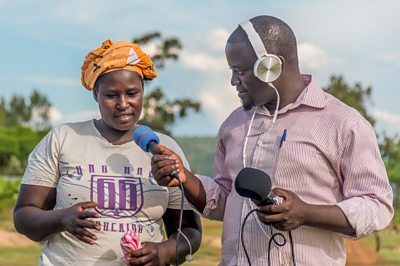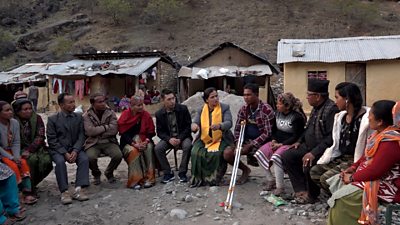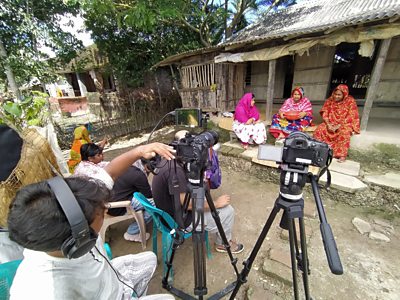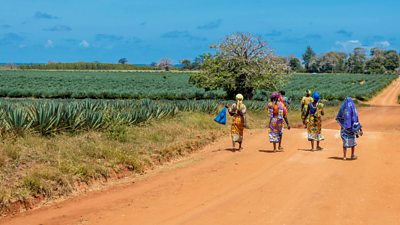This time round the rains did not affect us as negatively as previous seasons, and this is because we got information from the programme in time.”
Publication Date: June 2024
Authors: Storm Lawrence (lead author) and Lisa Robinson
Overview:
People are facing increasing risks from the rising impacts of climate change and from armed conflict. Innovative, impactful, cost-effective and locally led solutions that avert emergencies before they happen are more important than ever.
This policy note explores the roles that media and communication can play in anticipatory action, supporting communities to take action to avert emergencies. It demonstrates the importance of ensuring media and communication are at the heart of anticipatory action.
Media can reach people with information, develop understanding, and drive discussion and action – both to contribute to humanitarian response, and to help people build resilience to shocks before they happen.

Local media outlets can be valuable ways to connect with audiences before and during emergencies. They are often already trusted sources of information in the community and can share local ideas for preparing for emergencies more widely.
Yet the ability of media to play this role can be taken for granted. Humanitarian organisations may assume that local media will be there for audiences before and during crises, but media can be vulnerable to the same risks as the rest of the population.





